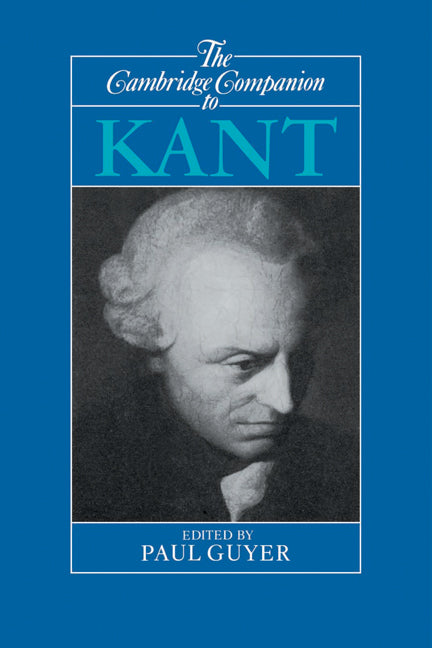The Cambridge Companion to Kant
Author(s): Edited by Paul Guyer
Couldn't load pickup availability
🚚 Please note we can only ship within the UK.
FREE delivery on books (excluding sale).
Delivery for other items is £1.50 - £4.50, calculated at checkout.
T&Cs apply.
Free click & collect on all orders.
The fundamental task of philosophy since the seventeenth century has been to determine whether the essential principles of both knowledge and action can be discovered by human beings unaided by an external agency. No one philosopher contributed more to this enterprise than Kant, whose Critique of Pure Reason (1781) shook the very foundations of the intellectual world. Kant argued that the basic principles of the natural science are imposed on reality by human sensibility and understanding, and thus that human beings are also free to impose their own free and rational agency on the world. This 1992 volume is the only systematic and comprehensive account of the full range of Kant's writings available, and the first major overview of his work to be published in more than a dozen years. An internationally recognised team of Kant scholars explore Kant's conceptual revolution in epistemology, metaphysics, philosophy of science, moral and political philosophy, aesthetics, and the philosophy of religion.
Share


